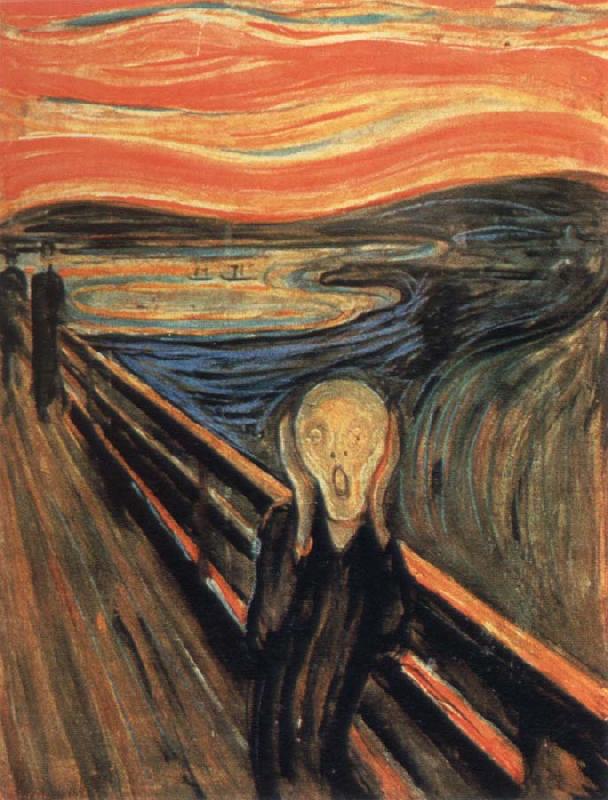EINSTEIN: Clouds look as one from a distance, but if you see them nearby, they show themselves as disorderly drops of water.
TAGORE: I find a parallel in Human Psychology. Our passions and desires are unruly, but our character subdues these elements into a harmonious whole. Does something similar to this happen in the physical world? Are the elements rebellious and dynamic with individual impulse? And is there a principle in the physical world which dominates them and puts them into an orderly organisation?
The study of the human personality (both: in terms of grouped characteristics and holistically), has given forth tomes of analysis. And yet, it is not in the least unsurprising that it will inspire a million more scopes for analysis; for trying to pin down the same is akin to trying to do so to a furtive animal that is always prancing.
Emotions, as per an epistemological definition, are one of the four ways of ‘knowing’, together with language, reason and perception. They’ve traditionally been seen as an obstacle to knowledge, although a school of thought called Romanticism [associated with emotions in much the same way that there are schools of thought associated with perception (Empiricism) and reason (Rationalism)], lays massive emphasis on the importance of emotions for making sense of the world.
When we have recovered from an emotional outburst, we say things like ‘ I just don’t know what came over me that I acted the way I did’, and this suggests that we think ‘reason’ should always be in the driver’s seat and that being rational is always supposed to be ideal. We also have intuition, which does not comfortably fit into the mould of either emotion or reason.
According to the James-Lange theory, emotions are essentially physical in nature, and bodily changes come before and then cause emotional changes. As per this theory, if you remove the physical symptoms, the corresponding emotion disappears. Interestingly, this forms the basis of the well-known idea that if you mimic the appropriate physical symptoms, you can generate the required emotion. Holding an erect posture inspires confidence, smiling generates happiness and a deadpan expression has no effect. The theory says that this is also one of the reasons that lets us empathise. When someone is depressed, we subconsciously copy his flat tone and hunched posture. As a result, you pick up an ‘echo’ of his mood.
One of the ways in which emotions are relevant to our search for knowledge is that they provide us with the energy to engage in intellectual activity.(Not surprisingly, the word ‘emotion’ is derived from the Latin verb movere meaning ‘to move’).To produce something worthwhile may need a substantial amount of apprenticeship, persistence and labour, and the fuel for doing so is passion, which is a terminology reserved for strong emotion.
When we are in the grip of strong emotions, in general, we tend not to reason in an objective way, but to rationalise our pre-existing prejudices. It’s really quite common to have a particular emotional ‘attitude’ about something, and then manufacture reasons to justify it. What do you think is going on when someone who is losing badly at a game says it is a ‘stupid game’ to hide his disappointment?
Interestingly, although we tend to think of reason and emotion as two different things, in practise they are closely related to one another, and making a clear distinction between both is difficult. It probably makes more sense to say that there is a continuum of mental activity running from the very emotional to the very rational. Most of the time you float somewhere in the middle and travel to the polar opposite ends of the continuum now and then. Allowing that out emotions may be more or less rational, it is still seen that we are able to notice that certain emotions are irrational(for example, phobia of travelling in planes despite knowing that statistics say it is very much safer to fly than drive) and yet find it difficult to change them. It is tough to override unjustified feelings of disgust. If the object of your visceral fear and disgust is an ethnic minority, then the consequences can snowball and be potentially serious.
How then does intuition figure out in the arena to get to ‘know’ something? Intuitions are of course different from heated emotions such as passion, hatred and disgust, but they are usually seen as being more a matter of feeling than thinking. Intuitions are about a moment of clear insight, a figment of eternal timelessness when ideas ‘crystallize’ and make sense and seem ‘solid’. In an abstract sense, it could be argued that all of our knowledge is based on intuition.
For example, we cannot be sure on the evidence of our senses alone that life is not a dream. This is because any evidence we appeal to could itself be a part of a dream. Yet, we (most of us) have an overwhelmingly strong intuition that the dream hypothesis is false and that what we are experiencing is ‘reality’.
Tripped Out Thought: If someone asked you why you believe in this following statement, what ‘evidence’ could you give in support of it: If something is a banana, then it is a banana.
An essay trying to elucidate the pros and cons of feeling deep and intense emotion, stifling it, faking it or being apathetic (stoical) could go on for ages. The general understanding as a species is that all emotions have a context and a social environment to be placed in and deemed suitable or unsuitable, and the unwritten rules for the same are constantly being pushed.
Let’s close with an image of the picture below, called The Scream. It is by the Norwegian expressionist painter, Edvard Munch. What is your response to the emotion being conveyed in this picture? Now, if the human figure was replaced by a dog in the same pose, would your response be different? Why?
 The Holy Connection An Alternative Exploration of Existence
The Holy Connection An Alternative Exploration of Existence






